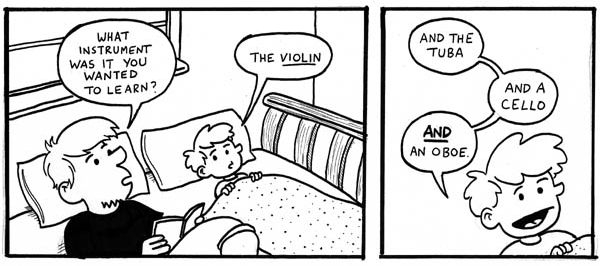Music exists for the purpose of growing an admirable heart. Shinichi Suzuki
“Every child can learn!” This has become a rallying cry for Suzuki teachers, parents, and students throughout the world. It hearkens back to a time when music teachers believed it wasn’t so, and reminds the music teachers of today that it is so.
Less than a century ago, it was common practice to test a child’s musical aptitude before allowing him or her into a music program. Now, virtually any specialist studying child development will agree that all children are born with similar potential and abilities. With Shinichi Suzuki’s realization that children are able to learn their native language without formal training, he saw the application to music teaching. He called this new approach the Mother-Tongue Method. He took several components of language-learning and applied them to music-learning. These includ beginning while the child is very young, parental involvement, a lot of listening and repetition, as well as encouragement and graded materials.
While Suzuki’s music teaching was a great success, and many wonderful musicians were produced from the Talent Education program, this was not Suzuki’s main interest. As he said, “I have worked out [a] new method I want to teach small children – not to turn out geniuses but, through violin playing, to extend the child’s ability.” It was through music that these children could access their talent, leading to a richer life.
Suzuki believed that environmental influences had more impact on a child’s development than any inborn faculties. As contemporary Erich Fromm said, “The individual begins life with certain qualities that dispose him to go in certain directions, but his personality is still malleable enough to allow the charcter to develop in many directions within the given framework.” Suzuki himself was ahead of his time in his ideas and influenced many others to further study child development. Those Suzuki teachers who best understand Suzuki’s philosophy know that the environment is key to successful learning.
Suzuki’s concept of education was more inclusive than many institutions, even today. I think Suzuki would have embraced this quote by educator David O. McKay: “True education does not consist merely in the acquiring of a few facts of science, history, literature, or art, but in the development of character.” Suzuki himself said, “Teaching music is not my main purpose. I want to make good citizens. If children hear fine music from the day of their birth and learn to play it, they develop sensitivity, discipline and endurance. They get a beautiful heart.”
